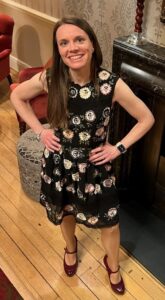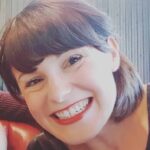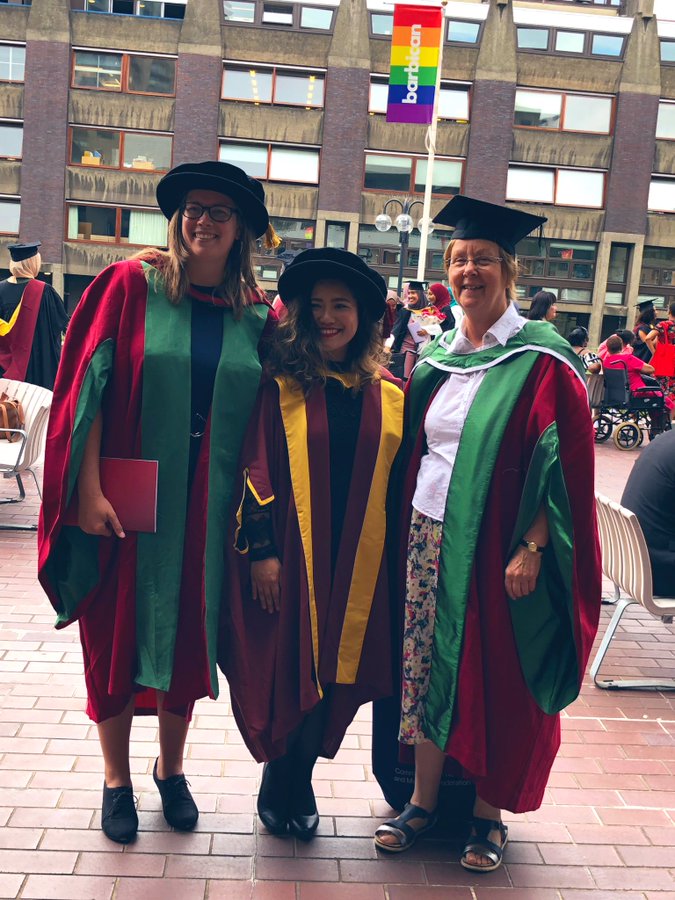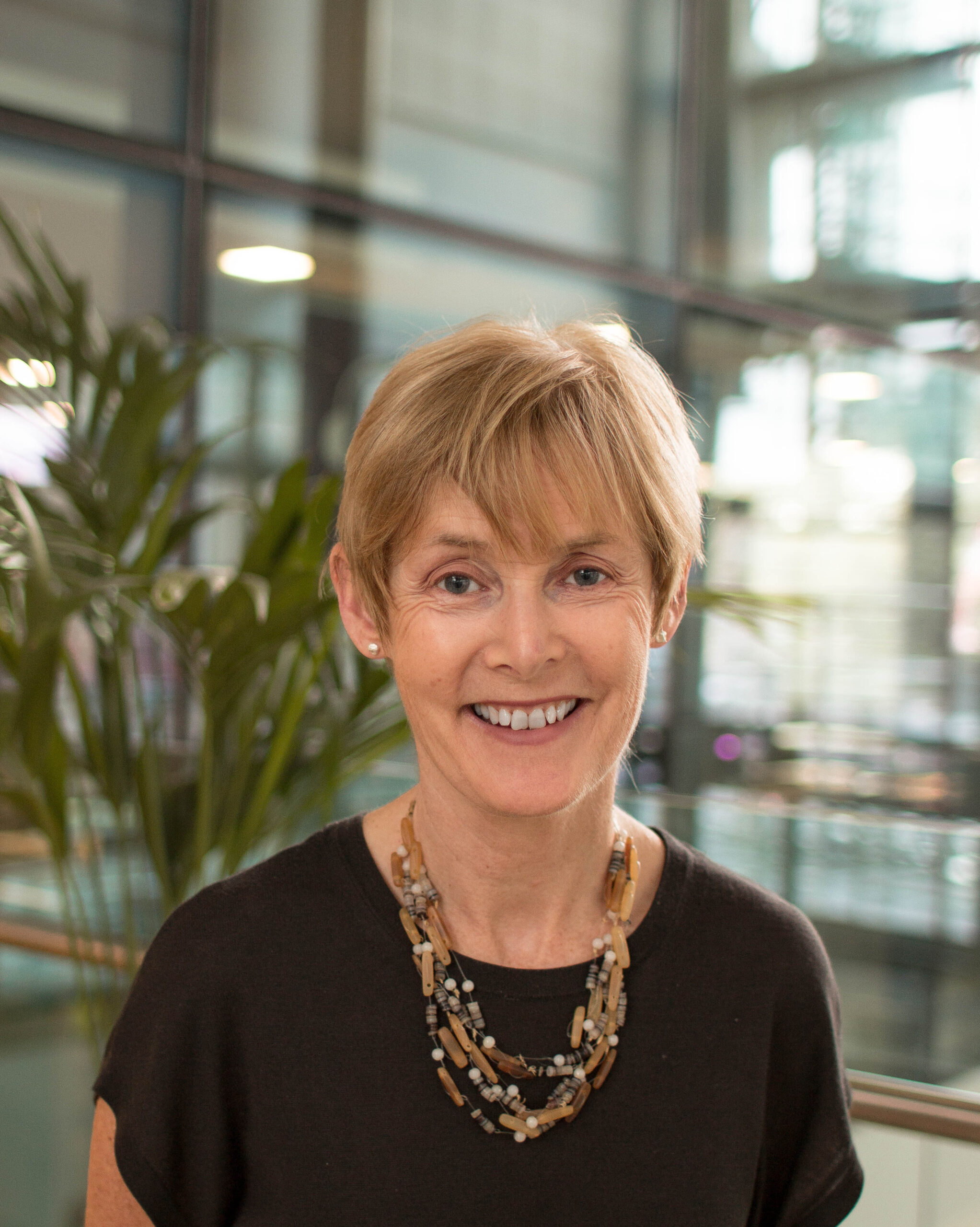
The United Nations International Youth Day is commemorated every year on 12 August, bringing youth issues to the attention of the international community and celebrating the potential of youth as partners in today’s global society. The theme this year is Intergenerational solidarity: Creating a World for All Ages which aims to amplify the message that action is needed across all generations to achieve the Sustainable Development Goals. It also aims to raise awareness on certain barriers to intergenerational solidarity, notably ageism, which impacts young and old persons, while having detrimental effects on society as a whole.
The World Health Organsiation defines ageism as “the stereotypes (how we think), prejudice (how we feel) and discrimination (how we act) directed towards others or oneself, based on age”. Young people continue to report age-related barriers in various spheres of their lives such as employment, political participation, health and justice. On an individual level, these age-related obstacles can deeply impact wellbeing and livelihoods not only during the youth years, but also in adulthood. On a societal level, ageism prevents us from thinking and designing policies and social services that adopt a life-course approach and are fair for all ages.
To mark International Youth Day, the PHSI EDI Committee caught up with PHSI colleagues, Dr Laura Basterfield, Senior Research Associate and Dr Steph Scott, Lecturer in Public Health and Qualitative Methods about their experiences working with children and young people (CYP) in their research.

Can you tell us about your research involving young people?
I started working on the Gateshead Millennium Study (GMS) in 2006, when the children in that birth cohort were 6-7 years old. We visited most of the children at their school for that project, so I’ve been to all 70+ primary schools in Gateshead, and again when they were 9! I was measuring physical activity, body composition, health-related behaviours and a host of psychological measures. We followed the children in the GMS until they were 18 years old, so it was a real privilege to catch up with them every couple of years. I also started my own research into children’s physical fitness and mental wellbeing, which has led to really interesting findings on the impact of the Covid lockdowns. I’ve recently embarked on my first secondary school fitness project which I’m excited about; the older pupils will be peer-mentors for the younger pupils, so I was talking to them all and asking their views and ideas to help shape the intervention.

What has been your best experience(s) of working with young people?
I made a film in 2021 with Year 6 pupils at Walkergate Community School and a local theatre company, Mortal Fools. Initially the idea had been for the young people to create an assembly that would feed back the results of my fitness research, as they had all been involved in it, but then covid interrupted things and delayed it by a year. The delay ultimately resulted in a much better film, as the young people wanted to talk about how the lockdowns had impacted both their physical and mental health. I was able to watch the process as the Mortal Fools facilitators guided the young people, and helped them to arrange their ideas and thoughts into a coherent structure. The ideas they came up with were much better than anything I could have done! More importantly, the young people enjoyed the experience of being in control of what they discussed and presented, and were thoroughly professional. It was also loads of fun!
The final ‘Young Science Communicators’ film:
To hear more about the film, please read Laura’s blog here.
What has been the biggest challenge/obstacle you have had to overcome doing research with young people?
For me it’s actually getting a chance to talk to them about the research and why I’m doing it – to involve lots of children and young people we usually need to do our research in school, and schools are so busy already they often don’t have time to take part. Those that do take part end up being really engaged and are wonderful. Work with secondary-age young people is different again, as you have to demonstrate that you really care about their experiences, opinions, and ideas, and that they can trust you with their thoughts and their time.
What can we do to overcome ageism in our research?
Understand that we can all learn from each other, and each person’s experience should be valued. We need to make sure we include the people that we hope will benefit from our research, and really understand their perspective. We need to be conscious of the perceived (or real) power imbalance and do our utmost to give everyone an equal standing.
How is COVID-19 changing the way young people can engage today?
I think that depends on their age and their access to technology. The Year 6 pupils I spoke to after the lockdowns had very different experiences depending on whether they had access to a phone and could call or text their friends whenever they wanted. Those that couldn’t felt much more isolated. If young people are in that situation there’s a chance they could be left out of engaging if things are driven only by online options. On the flip side, the option of doing things online means that location/transport shouldn’t be an issue, as well as helping those that suffer from social anxiety.

Can you tell us about your research involving young people?
I am a sociologist with a background in Criminology and Public Health, and my research focuses on CYP’s health, social and educational inequalities, particularly for CYP in contact with the criminal justice system. I tend to use qualitative methods that are co-produced, longitudinal and/or creative (visual, diaries). I hold an ESRC New Investigator Award focusing on CYP with a close family member in prison, and which aims to co-produce a child-centred rights-based framework for prison social visits.
What has been your best experience(s) of working with young people?
During the pandemic, I led a longitudinal diary-based study exploring young people’s experiences of Covid-19 (Lockdown Life NE). Using diaries was a new methodological approach to me and really allowed me to develop my analysis skills and dig deeper into young people’s day-to-day experiences. It also led to a range of creative outputs (film, zine- see below) and to me being invited to be a Trustee for NE Youth. Acting as trustee really is an honour – this organisation and others within the voluntary sector of often a lifeline to CYP.
What can we do to overcome ageism in our research?
Young people who were part of my Lockdown Life NE study were incredibly frustrated that they were often given very little say in decisions that have the potential to impact upon their lives. Drawing on this, we have a responsibility to embed a ‘youth first’ or rights-based approach from children’s earliest years, an approach which places CYP at the centre of policy/practice decisions that concern them
What are the biggest obstacles to creating a more equitable, fair, and just world?
Unfortunately, significant proportions of young people face inequality and disadvantage, injustices that result from power imbalances and unequal access to resources and opportunities to live healthier lives. Such inequality is borne out in a number of ways, such as access to food, housing, employment; as well as along geographical lines (‘The North South Divide’) and within exclusionary and stigmatising systems. For marginalised young people or communities, such as LGBTQ+ young people or young people who are justice-involved, disadvantage is amplified and intersects in their lives, and has been exacerbated by the pandemic. These groups of young people are far less likely to ‘bounce back’ from pandemic related policies and restrictions. Thus, alongside any efforts to ‘Build Back Fairer’, it is important we understand the experiences and views of young people in order to shape ‘post-pandemic’ recovery, and mitigate negative impacts should we experience a global crisis on this scale again.


